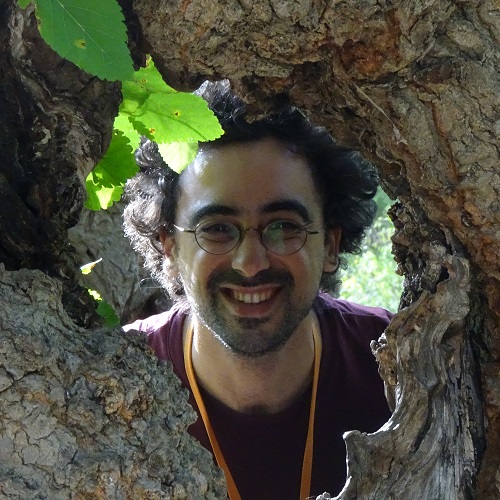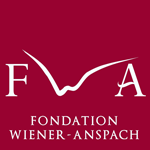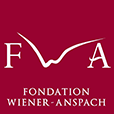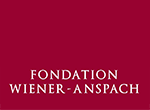 David Bauman, PhD in Biology (ULB), was granted a Wiener-Anspach fellowship at the University of Oxford from 2018 until 2020. In August 2021 he published with Roxane Beyns and Thomas Drouet an article in Journal of Vegetation Science entitled « Fine-scale tree spatial patterns are shaped by dispersal limitation which correlates with functional traits in a natural temperate forest ». « This paper is partly based on data collected during my thesis », he told us, « but on which I continued to collaborate with Roxane Beyns during my years at Oxford ». The article is available on the journal’s website.
David Bauman, PhD in Biology (ULB), was granted a Wiener-Anspach fellowship at the University of Oxford from 2018 until 2020. In August 2021 he published with Roxane Beyns and Thomas Drouet an article in Journal of Vegetation Science entitled « Fine-scale tree spatial patterns are shaped by dispersal limitation which correlates with functional traits in a natural temperate forest ». « This paper is partly based on data collected during my thesis », he told us, « but on which I continued to collaborate with Roxane Beyns during my years at Oxford ». The article is available on the journal’s website.
As a Belgian American Educational Foundation (BAEF) Fellow, David is now finishing a one-year research stay at the Smithsonian Environmental Research Center (Maryland, USA), where he worked with Sean McMahon.
Thanks to a Marie Sklodowska-Curie two-year fellowship, in November he will move to the University of Montpellier, where he will start working with Claire Fortunel in the AMAP research group, in collaboration with his group in Oxford, the Ecosystems Lab at the Environmental Change Institute.
As David explains, “the main subject of my current and future research projects is the understanding of climate effect on tree growth and mortality in dry and humid tropical forests, and how morphological and physiological characteristics of trees affect their sensitivity to these climatic effects”.

Jan Stöckmann (DPhil in History) was granted a Wiener-Anspach fellowship in 2018/2019 to work at the Université libre de Bruxelles under the supervision of Prof. Véronique Dimier (Faculty of Philosophy and Social Sciences). The title of his research project at the time was “Whose war and peace? The campaign for democratic control of foreign policy”.
As a result of this research stay, he has already published two articles, the first one in the journal Past&Present and, more recently, a paper entitled “International security and parliamentary democracy in early European integration“, featured in the European Review of History.
Abstract
This article explores the role of parliamentary democracy within the European Defence Community (EDC) and the European Political Community (EPC). The idea of these bodies was to establish a common European army governed by a set of political institutions, including a directly elected parliament. By drawing on institutional archives and the personal papers of its protagonists – Paul-Henri Spaak, Heinrich von Brentano, Altiero Spinelli, et al. – this article offers an internal view of the parliamentary practices they pioneered. It reveals a rich discourse on the potentials and limitations of parliamentary democracy at the European level, particularly regarding legislative powers and electoral rules.
Following his postdoctoral fellowship at the ULB, Jan has been appointed Lecturer in Modern History at the Helmut-Schmidt-Universität in Hamburg.


